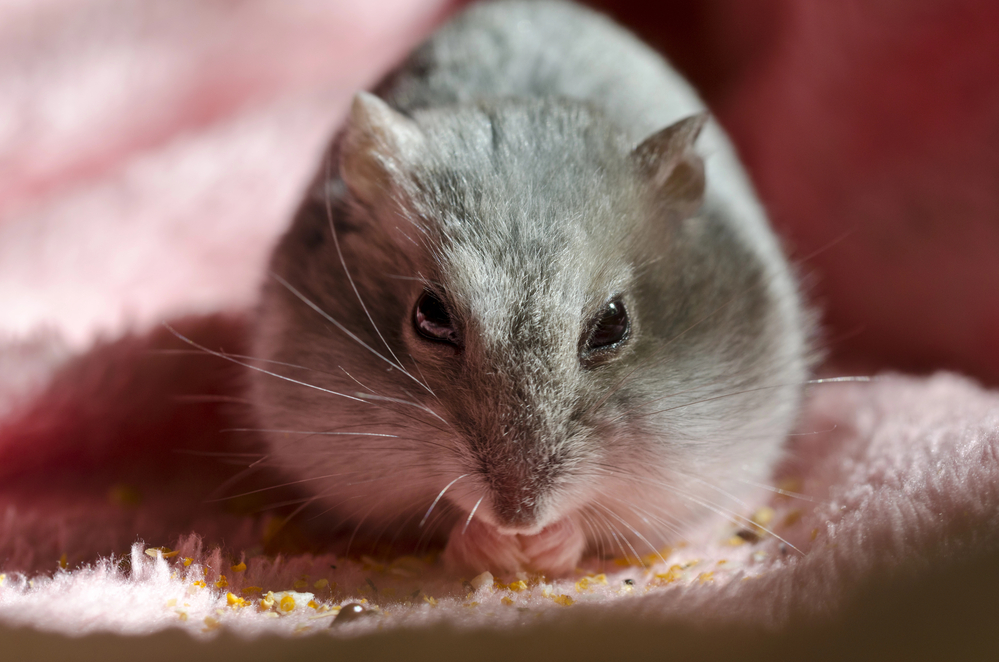Just 30 mammals remain on the Dutch official list of pets

From Monday, hundreds more mammals will be removed from the official list of animals that can be kept as pets in the Netherlands, and pet shops are reporting a run on some, such as the Russian dwarf hamster (Phodopus sungorus).
The change means that some animals can no longer be bred or sold as pets and owners will have to be able to prove their “illegal” pets were registered before the July 1 deadline.
Marika Stoevelaar, who has 15 Russian hamsters, told RTL Nieuws she is concerned that a black market may develop to trade in the popular rodents and describes the new official pet list as “totally random”.
“Russian hamsters have been kept here as pets for 60 years,” she said. “They make a great pet, and now they will be banned.”
Brown rats, however, can be kept as pets, as can gerbils and the Chinese dwarf hamster. Water buffalos, ferrets and llamas also remain on the official list.
The official list of 30 pets was drawn up according to a number of factors including the animal’s ability to deal with the Dutch weather, what they eat, the risk they will spread diseases, and how much room they need.
Only mammals classified as A, B or C risk can be kept as pets from July 1. The Russian hamster is classed D because, experts say, they need to burrow into the ground to build nests and they are equipped for the climate of the Russian Steppes.
As yet there is no official list detailing which birds, reptiles and insects can be kept as pets.
Thank you for donating to DutchNews.nl.
We could not provide the Dutch News service, and keep it free of charge, without the generous support of our readers. Your donations allow us to report on issues you tell us matter, and provide you with a summary of the most important Dutch news each day.
Make a donation